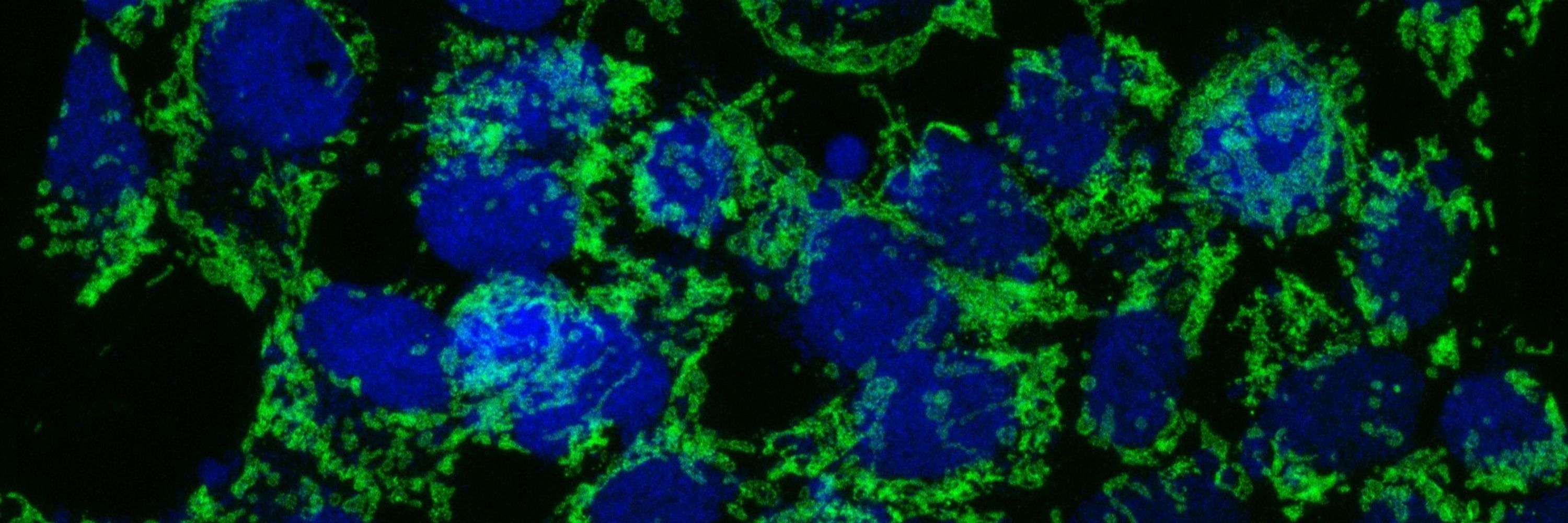
#AZVČR (Czech Health Research Council), with institutional support from the National Institute for Cancer Research & the Ministry of Health 🙏
#AZVČR (Czech Health Research Council), with institutional support from the National Institute for Cancer Research & the Ministry of Health 🙏

